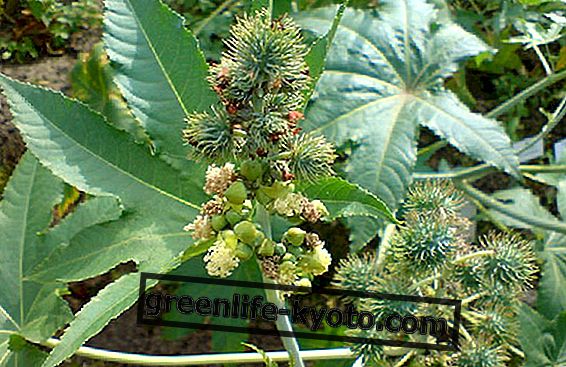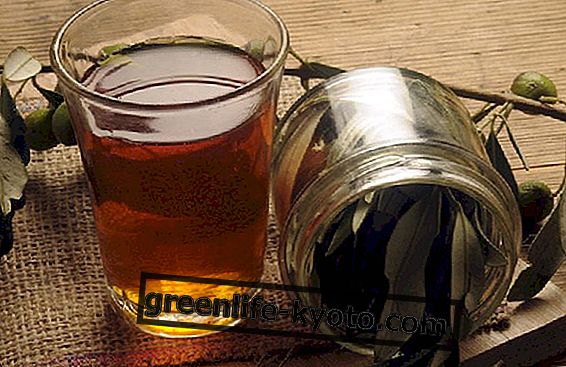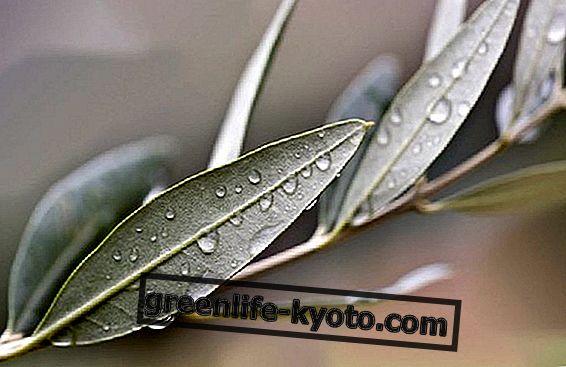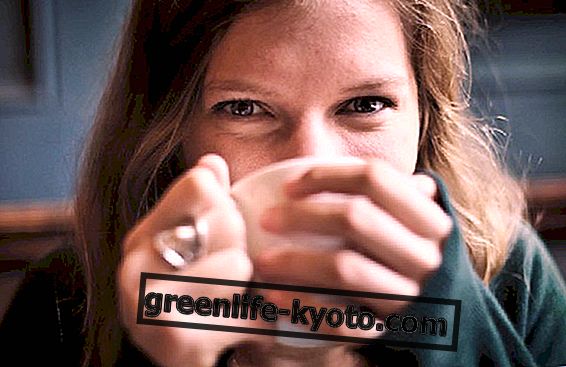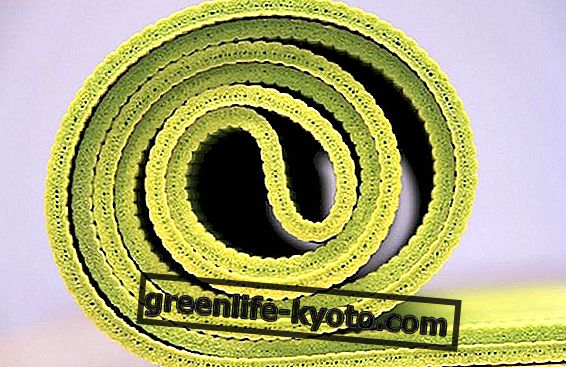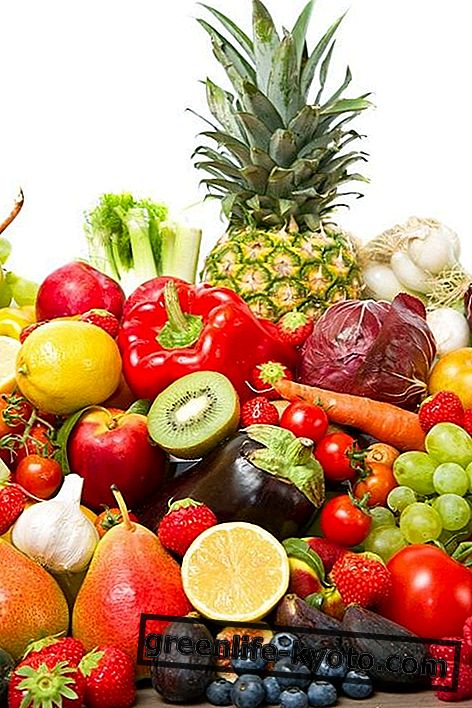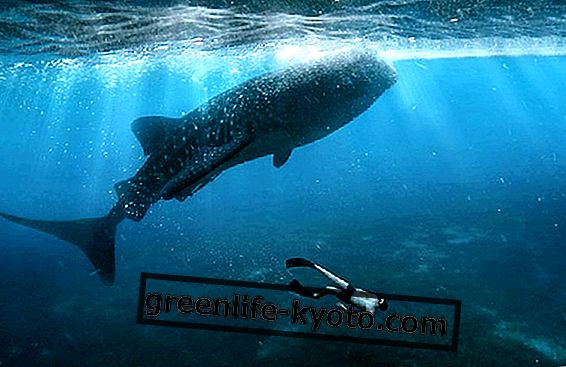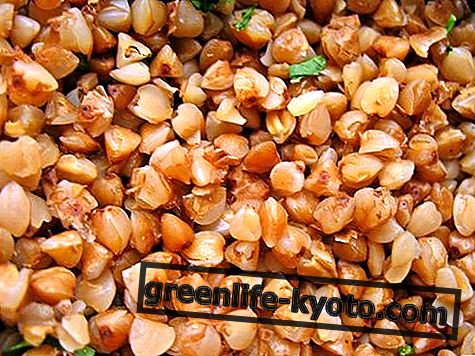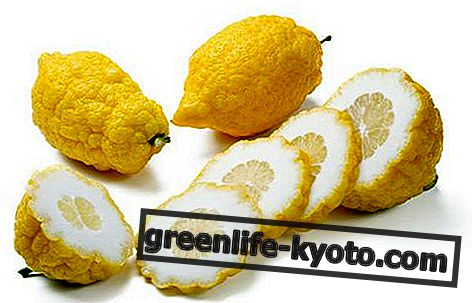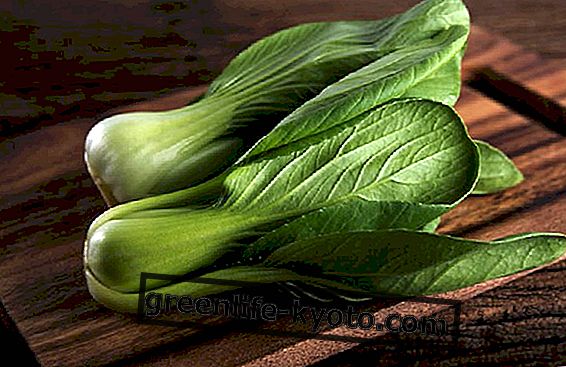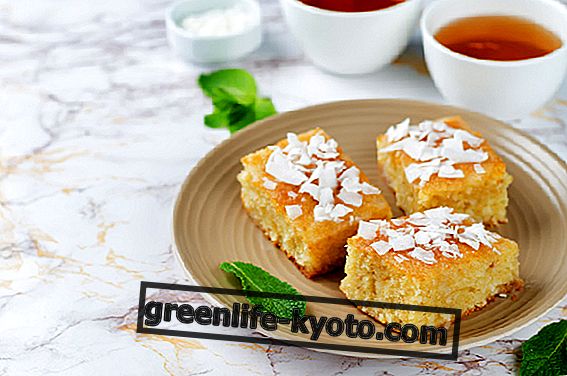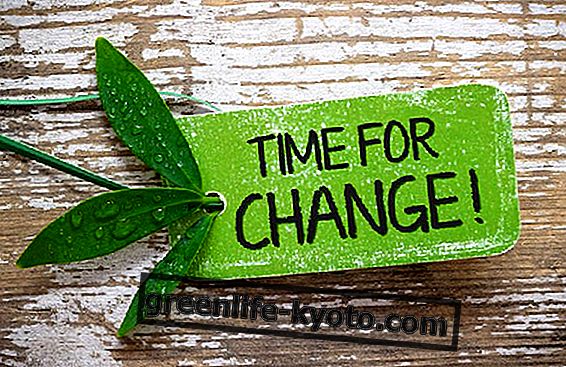
Maria Cristina Sapori, florist and herbalist specializing in naturopathy, practices yoga. For years she has been directing interest and talent towards research in the field of inner growth. The text of which she is the author Everything is in your hands is a simple and effective book, of those that hit pages and nod, because a part of you knew these things already or perhaps had always known them, but no one could remember them so well.
Without words, promises, guru doodles.
An honest book of those who then consult each other along the way and accompany you during the transitions. As essential, real friends do.
When did you welcome the flow that led you to create this book? Was it an instant or gradual intuition?
Along my journey I had to come to terms (like everyone, I believe) with the ups and downs of life: moments of light and serenity, which alternated with moments of doubt and dullness; periods full of joy and a sense of fulfillment that gave the hand to sad and gray days.
I have sometimes felt anger, sometimes pain, sometimes a sense of loss and an inability to accept. But I never gave up and, through a constant and tireless inner search, I always looked for a "Way" to find the lost direction. I deeply believe that within each of us there are infinite possibilities, innumerable resources and this has allowed me, little by little, to trace "a map" through which to orient myself in the darkest moments. And this worked!
One night (I still remember the time) I woke up and started writing my thoughts, my understandings, everything I believed and that I had seen effective in my life and in that of so many of my students. Thus was born the book "Everything is in your hands - The secret of prosperity" ... I could say that it was the fruit of an intuition that has continued for over 25 years!
Many disciplines live in you. You are herbalist, naturopathic, yoga practitioner and you are an expert in energy disciplines. If you had to use metaphors, percentages, evocative images, how would you explain the way in which they all coexist inside you?
The simplest metaphor is the one that comes to mind whenever I look at splendid Byzantine mosaics: "Each piece has great value and its apparent small presence is indispensable to create a wonderful work of art".
In the same way, I feel that the cohabitation within me of many disciplines creates the mosaic of my knowledge: a treasure chest where I can choose, from time to time, the tool that is most useful to me to face the problem that I have before me.
I continue, after so many years, to study again. Perhaps more than before, because I realize that the more I learn, the more I realize that I still have so much, so much to discover! And this is a great wealth that allows me to always be enthusiastic, curious and never get bored.
Fear and love, you say, two sides of the same coin, dedicating interesting pages to these two feelings. Now, Krishnamurti denies the existence of fear in the abstract and distinguishes between a physical fear, of a more animal kind, and a psychological one, rooted within us. By dealing with the latter, you can then work on those animals. What do you think about it?
Fear is a strong emotion, sometimes indispensable, to make us distinguish what could damage us from what, instead, is useful to us. It should not be fought, but simply accepted.
We are alive, we are human beings and it is normal that we have some fear. This is the negative judgment we give ourselves when we feel fear, to magnify this state of mind. So: accepting one's fear, learning to stay in touch with fear, breathing slowly and not immediately seeking a palliative to avoid hearing it (drugs, drugs, alcohol), will gradually allow us to feel the courage within us, which is the emotion hidden behind fear. Courage is nothing but "ease of the heart", that is, the ability to leave one's heart open and perceive the subtle connection we have with the Whole, with the Love that permeates Creation.
In my life and in the experience gained over many years of working with people, I have observed that the more we are in tune with our "inner voice" (that is, when we act according to what we feel is right within us and not according to what we they want others), the less fear has in our lives.
Fears can be induced or innate, induced fears are easier to transform, innate ones less. But everything is transformed, because everything is energy. The real problem is to keep the fear within oneself, to be ashamed of it, to judge it, not to accept it. It is as if a fear with "value 5", through judgment and denial, increases to "value 10". As always we can choose what to do. Everything is in our hands.
Money is solid energy. At a time when everyone has the words "crisis" or "money" in their mouth, what do you think happens to this solid energy?
The more we keep the idea of the crisis, the more it will take strength, outside and inside us. I think (and I really think so) that this is a good opportunity to work harder, do my best, work at my best, think about the best. I believe that where we put positive energy, things always work.
And I don't see why this should be different when it comes to money! Furthermore, we can finally go back to considering the really important aspects of life: friendship, love, knowledge, inner research. It seems to me that we have had so much, even the useless, but it does not seem to me that the human being is for this reason happier and satisfied! We remember that, where we will put our attention, energy and heart, things will always work . And the crises come and go ... history teaches!
In the first part of your book, go deeper into the idea of prosperity. Read yourself gives a new perception: prosperity is configured rather as a capacity and, I quote, ability to welcome, change, smile, see. Often one works on this attitude only after going through suffering. Why? Do you have anything to do with the image of the suffering Christ with whom you grow, different from the smiling Buddha?
Partly so. I think, however, that life is a palette full of colors and suffering is simply one of these colors. It follows that suffering is part of life and often puts us in rapid contact with what is essential for us. And I believe that the essential thing is to find ourselves, give a deep meaning to our life, feel ourselves part of a greater flow of love that always knows where it goes.
Unfortunately we grew up with the (apparent) idea that suffering is just and noble. But, around me, I often see that people do not suffer in a noble and serene way, but they get angry and curse life because of suffering. The difference is all about accepting that suffering is part of life and deciding to live it as a moment of growth and an opportunity for change. This will ensure that you leave first, leaving us richer and in harmony.
In the book you provide detailed explanations aimed at the proper functioning of the chakras. In order to heal a chakra, we must first of all think of it as real, existing, even if on a different level than the purely material one.
Regarding this, I have a very concrete attitude: beyond feeling the real chakras or thinking about them in a more abstract sense, the important thing, in my experience, is practicing exercises, conscious breathing, creative visualizations and all those techniques that help the rebalancing of our physical and subtle energy.
Believing, perceiving, imagining, makes the techniques more effective, but the really useful thing is to practice what you learn regularly . And observe the results: if they are positive, move on. If there are none, dedicate yourself to something we feel best suited to us.
Paramansha Yoganada said: "As far as I can explain the taste of an orange, until you have tasted it, you will not be able to understand." I totally agree! In my long practice, I began to firmly believe in things only after experiencing them and savoring the results. This is why I suggest not to blindly believe, but to experiment and feel if something inside us changes and makes us feel better. That's all.
